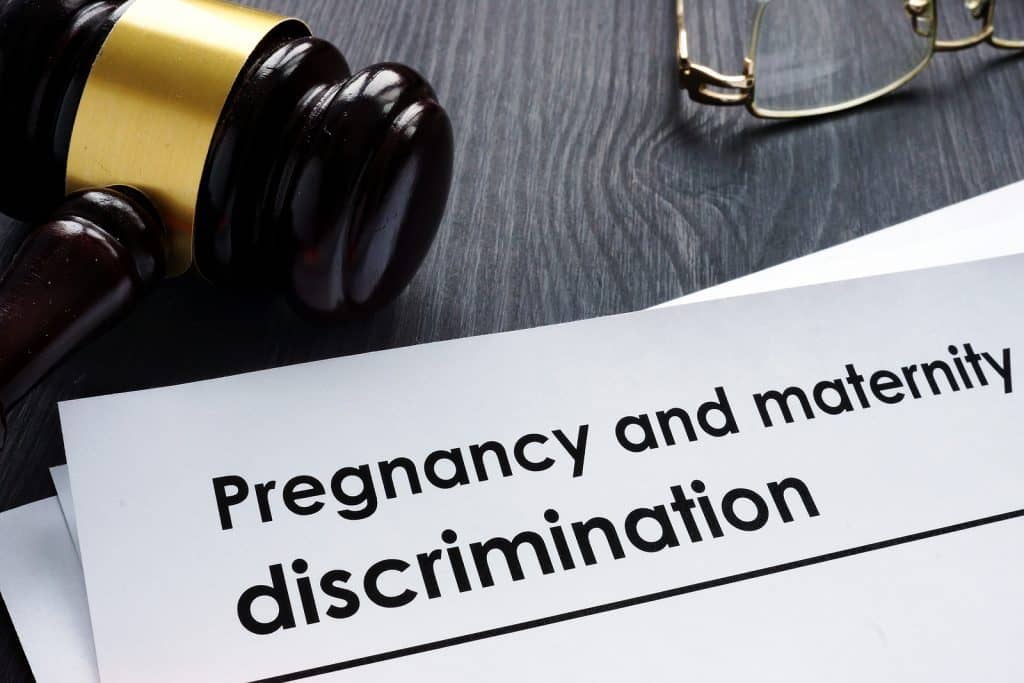Workplace discrimination is a serious threat to new mothers. A report from JAMA Internal Medicine found that 4 out of 5, or 80%, of physician mothers face workplace discrimination. This discrimination is nothing new, but the study shows that it’s still happening to most women today.
And it doesn’t matter whether a woman is a doctor or a cashier, women from all fields face discrimination.
Women must follow a precise set of tips and procedures to put an end to the workplace discrimination (when they can). Your responsibilities include:
1. Alert Your Employer
There’s a stigma that women will either not be able to handle a job they return to after giving birth, or that they’ll leave a job once they get pregnant. Human resource departments have been known to ask women:
- “You’re not just going to leave if you get pregnant, right?”
While this seems like a joke, it’s often partially serious. If you face this discrimination, you should alert your employer. An employer has a duty to their entire workforce to comply with workplace discrimination laws.
But if you never bring the matter to your employer’s attention, nothing will be resolved.
You need to make the issue apparent to the employer, and:
- Discuss the severity of the issue
- Ask for a written report
- Ask for an internal investigation
Employers must give proper consideration in a prompt and professional manner to all reports of discrimination and harassment.
2. Keep a Diary
A diary allows you to maintain recorded proof of the discrimination that occurs. The diary serves as proof of what occurred, and it will also allow you to write down the discrimination as it occurs.
Discrimination and the event leading to the discrimination can become vague over time.
A written record allows you to have proof of:
- Discrimination date
- Discrimination time
- Discrimination events
- Witnesses
- Parties involved
If an incident occurs and too much time passes, the details become blurry. Diaries ensure that you have the information, recorded as it happens, available to you at all times.
The diary can also be used to keep any proof of workplace discrimination. Objects or items that can serve as proof are:
- Pictures
- Notes
- Upsetting items
Diaries are recorded proof, and will help you strengthen your claim of workplace discrimination.
3. Contact the Equal Employment Opportunity Commission
The Equal Employment Opportunity Commission (EEOC) is responsible for compliance of any discrimination and harassment laws. The employer has a legal right to uphold the anti-discrimination and anti-harassment laws.
If you’ve done everything in your power to stop the discrimination and the employer is not working to resolve the problem, the EEOC is the next logical authority to contact.
Even a quick call to the EEOC can help.
What the EEOC will do is:
- Get involved in your case
- Possibly contact your employer
And often, all that’s needed is for the EEOC to contact your employer to get the process sped up quickly. Any agency involvement will get the attention of the employer and speed up the investigation into your claims.
Workplace discrimination is a serious problem, and for new mothers, there’s even more pressure to fit back into the workplace and add to the family income. If discrimination occurs, you need to take the steps above to resolve the problem as quickly as possible.








